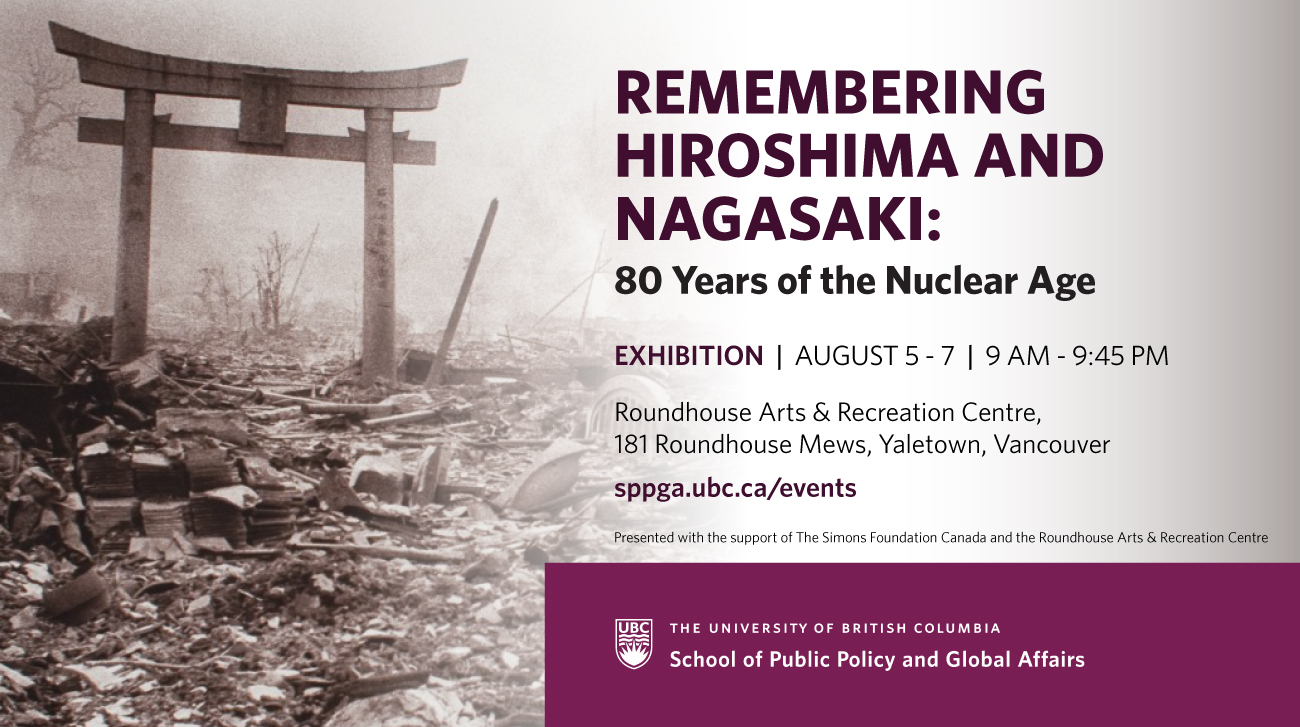Abstract:
Join us for this rare opportunity to learn about traditional Japanese tea culture in the Enshū tradition with KOBORI Sōjitsu, 13th Grand Master of the Enshū Sadō School. Ever since its founding in the early 17th century by KOBORI Enshū—tea instructor to the Tokugawa shogunate, painter, calligrapher, poet, architect, and garden designer—the Enshū Sadō School has upheld the spirit of kirei-sabi, the aesthetic of gracefulness and simplicity.
The presentation will include an introduction to the history and aesthetics of the Enshū Sadō School accompanied by a formal tea preparation in the Enshū tradition.
The audience is invited to stay for a bowl of matcha tea in the Great Performers’ Lounge following the program.
About the Presenter:
KOBORI Sōjitsu is currently the 13th-generation Grand Master of the Enshū Sadō School. After graduating from the Department of Law at Gakushūin University in 1979, he studied Zen Buddhism at Daitokuji temple in Kyoto, later receiving the Zen name “Fuden’an Sōjitsu” from Zen master Fukutomi Settei in 2000. Sōjitsu assumed headship of the Enshū School as Grand Master in 2001 and has directed numerous exhibitions and artistic projects on historic masters of the Enshū tradition and has collaborated with artists in various fields. He actively participates in overseas cultural programs, introducing Japanese traditional cultural practices in foreign countries, from Poland and Hungary to Singapore and Myanmar and serves on numerous administrative and advisory boards. In 2017, he was the subject of the documentary film Chichi wa iemoto (My Father is Grand Master). His publications include: Kobori Enshū: Kirei-sabi no kiwami (Kobori Enshū: The pinnacle of kirei-sabi), Nihon no gokan (Japan’s Five Senses), and Chanoyu no fushigi (The marvels of tea culture).
Presented by Gakushuin Women’s College International Exchange through Traditional Culture Series with UBC Library and the Centre for Japanese Research
